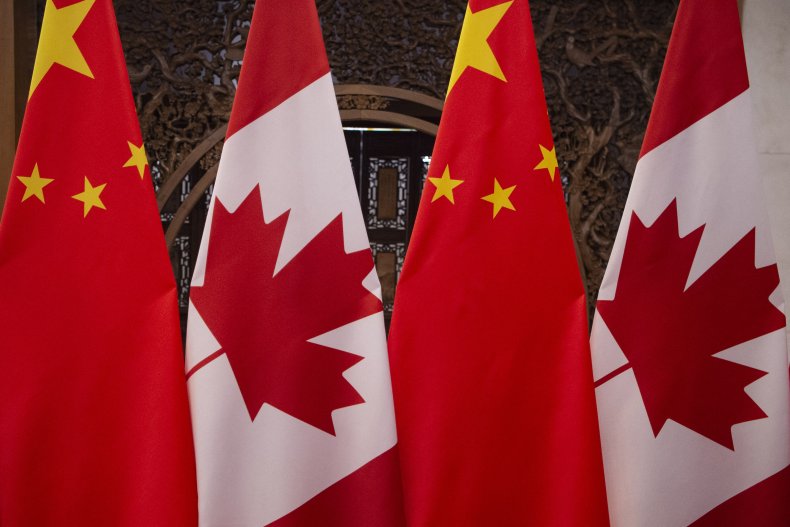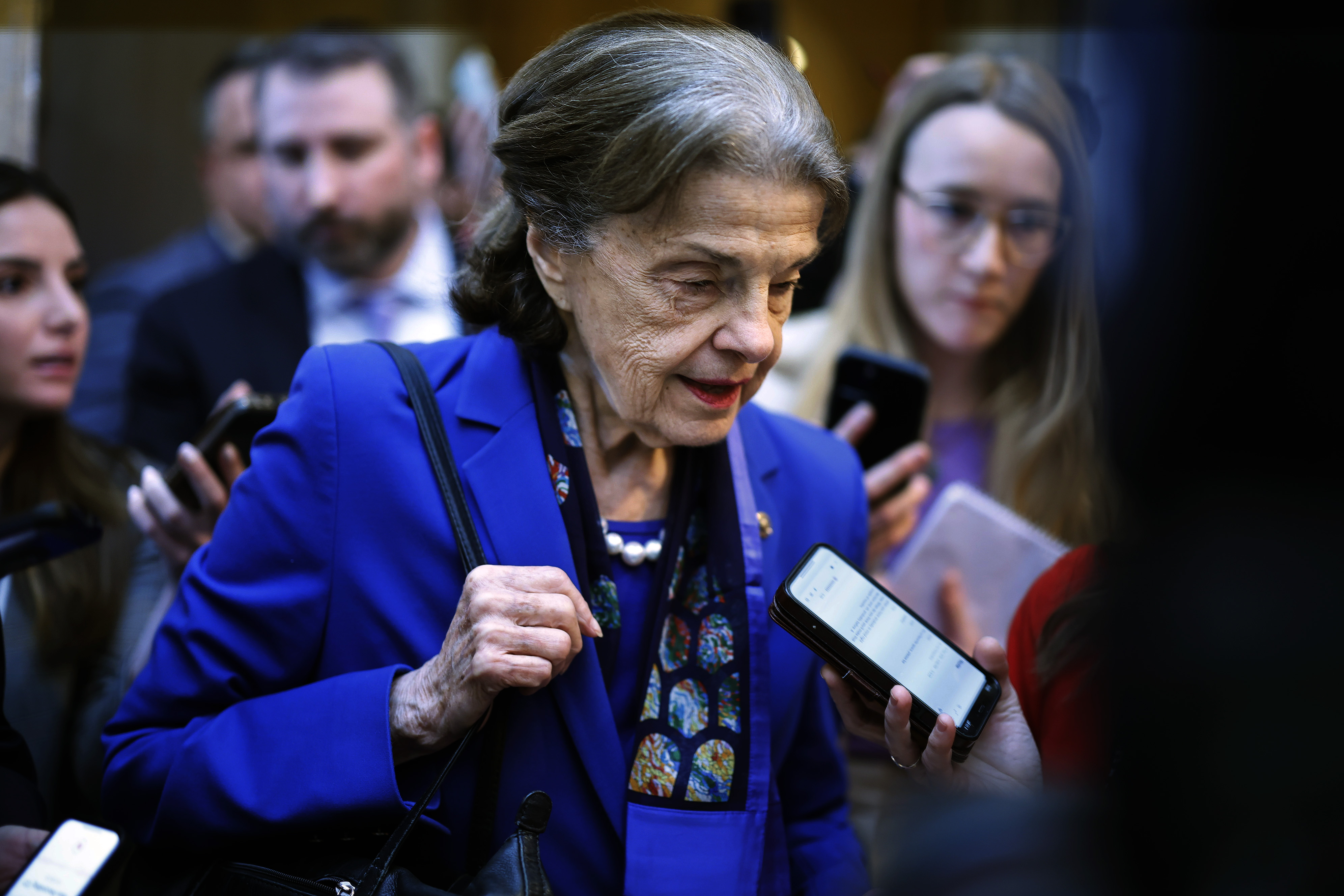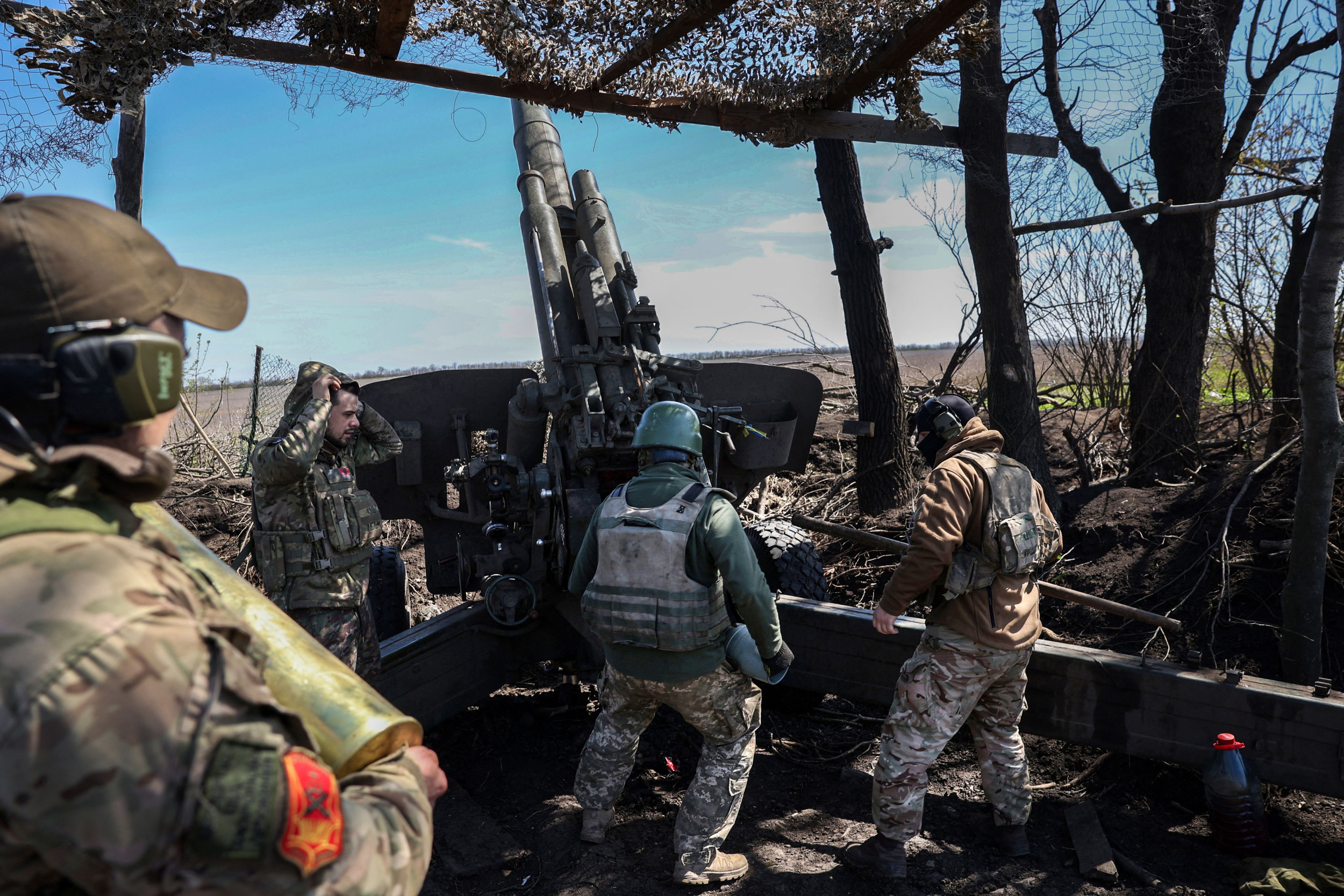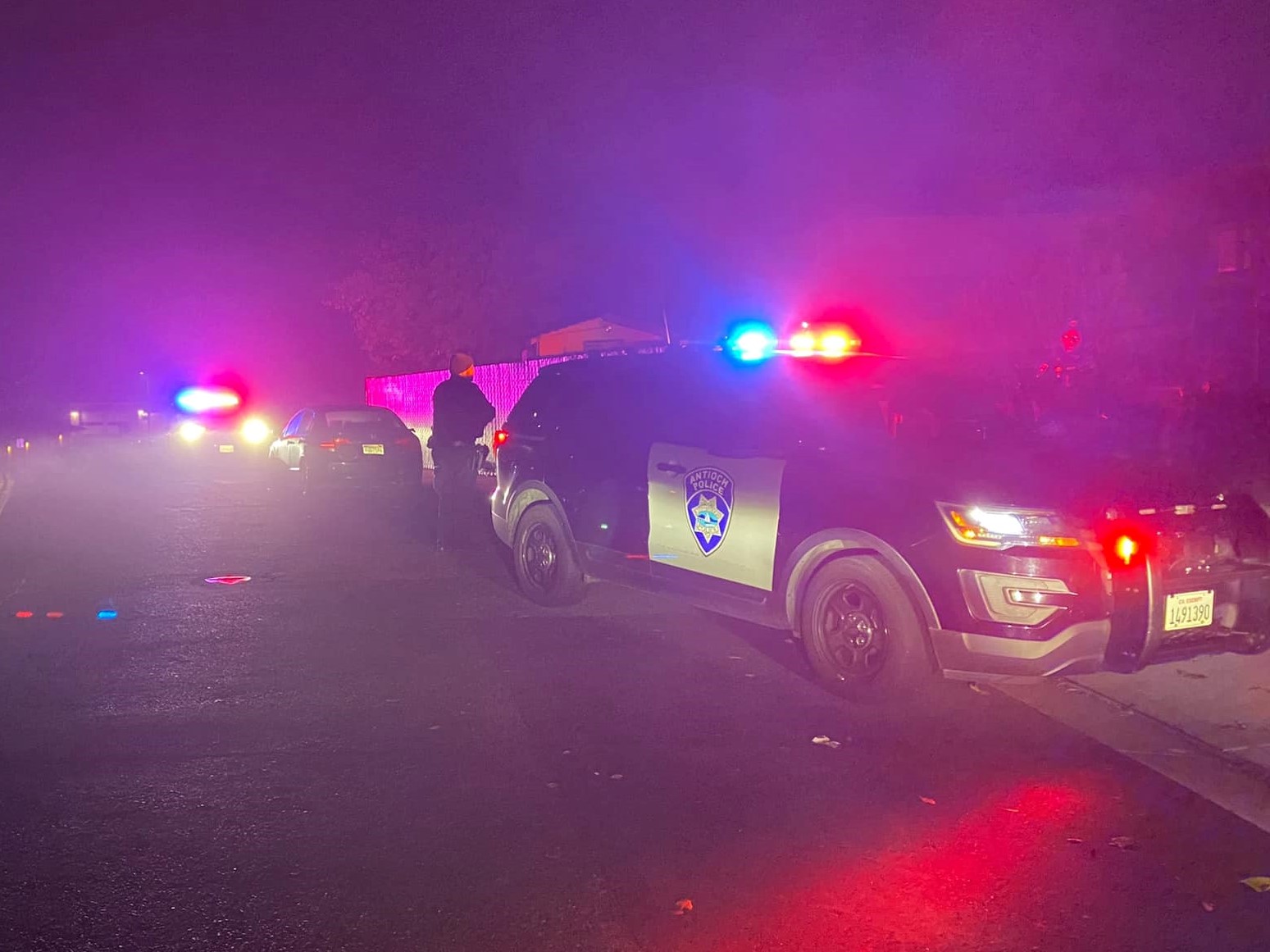Canada 'Actively' Investigating China Police Site Claims After NYC Arrests
After the arrest of two Chinese nationals in New York City suspected of having links to Chinese security services, Canadian authorities are investigating sites on Canadian territory that may have similar links.
In a statement shared with Newsweek, Royal Canadian Mounted Police (RCMP) spokesperson Robin Percival said that the "RCMP is actively investigating reports nationally of criminal activity in relation to the so-called 'police' stations."
"As the RCMP is currently investigating the incident," Percival added, "there will be no further comment on the matter at this time."
The comments came just over a month after the RCMP revealed that two suspected sites linked to Chinese security services were identified in the Quebec cities of Montreal and Brossard.
Last December, Newsweek released an investigation into locations in the U.S. allegedly linked to the Chinese Ministry of Public Security. Newsweek also reported on other sites located in more than 50 other countries around the world, including several in Canada, among them a Nantong Public Security Bureau service center in an unknown location, a Wenzhou Public Security Bureau service center in Vancouver, and three Fuzhou Public Security Bureau contact points in Toronto, as published in a report by the Spain-based NGO Safeguard Defenders.
China has consistently denied the reports as a number of countries included in the list began investigations.
"The RCMP has strong relationships with Canada's security and intelligence community and law enforcement agencies around the world," Percival said, "and, in particular, works closely with our Five Eyes partners to respond to and maintain situational awareness of all threats to national security."
"The RCMP recognizes that Chinese Canadians are victims of the activity we are investigating," she added. "There will be no tolerance for this or any other form of intimidation, harassment, or harmful targeting of diaspora communities or individuals in Canada."

Chinese officials have repeatedly denied the characterization of such sites, with Foreign Ministry spokesperson Wang Wenbin on Tuesday condemning the U.S. decision to arrest two Chinese citizens accused of acting as an agent of the Ministry of Public Security in the Chinatown section of Manhattan.
"China firmly opposes the U.S.' slanders and smears, its political manipulation, the false narrative of 'transnational repression,' and blatant prosecution of Chinese law enforcement and cyber administration officials," Wang said in response to a question by the Japanese outlet Kyodo News.
Wang also accused the U.S. of conducting the same kind of illicit activities of which Washington had accused Beijing.
"The U.S. has long suppressed dissent through secret surveillance, illegal wiretapping, global manhunts and behind-the-scenes deals," Wang said. "The 'transnational repression' is an allegation that best matches the U.S.' own practices."
"We urge the U.S. to reflect on itself," he added, "abandon its Cold War mentality and ideological prejudice, immediately stop the erroneous moves, end political manipulation and stop the smears and attacks against China."
The scope of U.S. intelligence-gathering abroad—including surveillance not only of adversaries, but also of allies and partners—was recently highlighted by a major leak of Pentagon documents, for which a U.S. Air Force National Guard member was arrested last week.
A senior official of U.S. President Joe Biden's administration told Newsweek on Tuesday that "the U.S. Government has been clear that we will use all available tools to protect American citizens and other U.S. persons from transnational repression and other forms of foreign malign influence."
"We will not tolerate the PRC Government—or any foreign government—harassing or threatening U.S. persons," the official added, referring to the People's Republic of China.
Wang, for his part, doubled down on his denial that China conducted such activities via unauthorized police sites when asked a follow-up question by another Japanese outlet, NHK.
"The U.S. drew malignant association between overseas Chinese service centers and Chinese diplomatic and consular officials and made groundless accusations against China," Wang said. "This is clearly political manipulation."
"About the 'overseas police stations,' we have made it clear many times that the allegation has no factual basis," he added. "There are simply no so-called 'overseas police stations.' China adheres to the principle of non-interference in other countries' internal affairs, strictly observes international laws and respects the judicial sovereignty of all countries. We hope relevant parties will not hype up or dramatize this."
Reached for comment by Newsweek, Chinese Embassy in Washington D.C. spokesperson Liu Pengyu further explained what he said was the true function of the sites in question, saying they "are formed by overseas Chinese, drawing upon the resources of local communities and providing a place for overseas Chinese in need to access consultation and assistance."
"The service personnel are warm-hearted local people serving as volunteers," Liu said. "There is no employment or affiliation with any Chinese government agency (including sub-national governments and public security agencies), nor are these sites authorized or delegated to provide the service."
"Providing online service is a common practice recognized and adopted by countries worldwide," he added. "During the COVID pandemic, overseas Chinese submitted online applications for purposes such as driver's license renewal to relevant public security agencies in China. These are essentially acts of online self-service. There is no breaching of laws or regulations, and no infringement of the judicial sovereignty of the host country."
Japan, however, was among the countries to address the reports of unofficial police stations being set up on its territory, as discussed by Chief Cabinet Secretary Matsuno Hirokazu during a press briefing in December. At the time, he asserted that Japan "will take all necessary steps as we clarify the situation" and that China had been warned any activities deemed to violate Japanese sovereignty would be "unacceptable."
Others to announce investigations include Germany, Ireland, the Netherlands and South Korea.
Canada-China relations have suffered in recent years alongside the deteriorating relationship between Beijing and Washington.
Canada has been particularly outspoken in criticism of alleged Chinese human rights abuses, including political status of Hong Kong and the treatment of the majority-Muslim Uyghur minority. China, meanwhile, has accused Canada of mistreating its own indigenous population and of following the U.S. lead on China policy, including in the arrest of senior Huawei executive Meng Wenzhou on suspicion of violating U.S. sanctions against Iran in December 2018.
Less than two weeks after her arrest, two Canadian nationals, Michael Kovrig and Michael Spavor were arrested in China. All three were released back to their respective countries in September 2021. The two Canadians attended Biden's speech to the parliament in Ottawa last month, during which the U.S. leader made no mention of China, save for a brief gaffe.
Last month, a lawmaker of Canadian Prime Minister Justin Trudeau's governing Liberal Party, Han Dong, stepped down amid allegations that he lobbied Chinese diplomats in Canada with the aim of extending the detainment of Kovrig and Spavor to disallow a political gain for the opposition Conservative Party. Dong has denied the allegations and has said he intended to sue The Global and Mail newspaper for its reporting.
As the probe regarding the alleged Chinese police sites in Canada continues, the RCMP spokesperson said the force "takes threats to the security of individuals living in Canada very seriously and is aware that foreign states may seek to intimidate or harm communities or individuals within Canada."
"It is important for all individuals and groups living in Canada, regardless of their nationality," Percival added, "to know that there are support mechanisms in place to assist them when experiencing potential foreign interference or state-backed harassment and intimidation."








